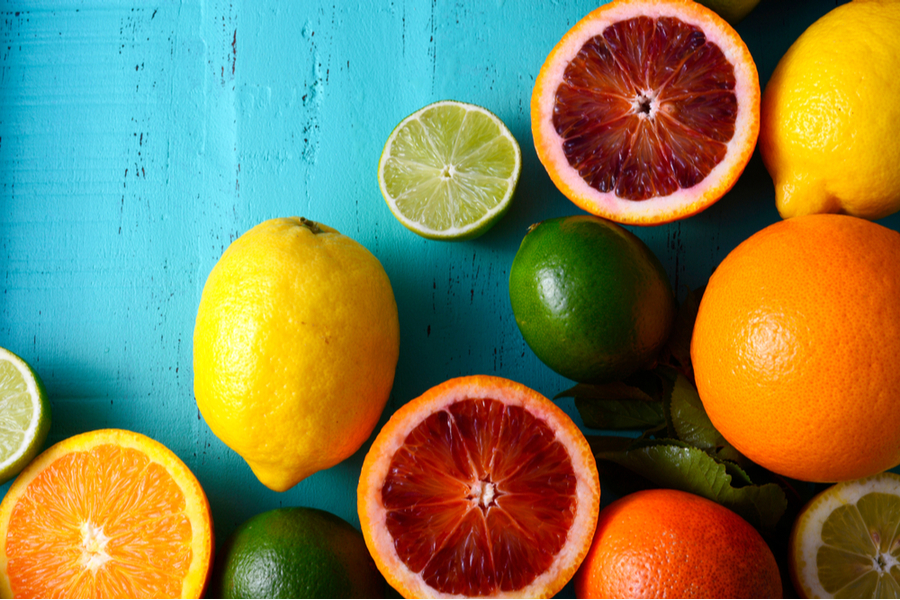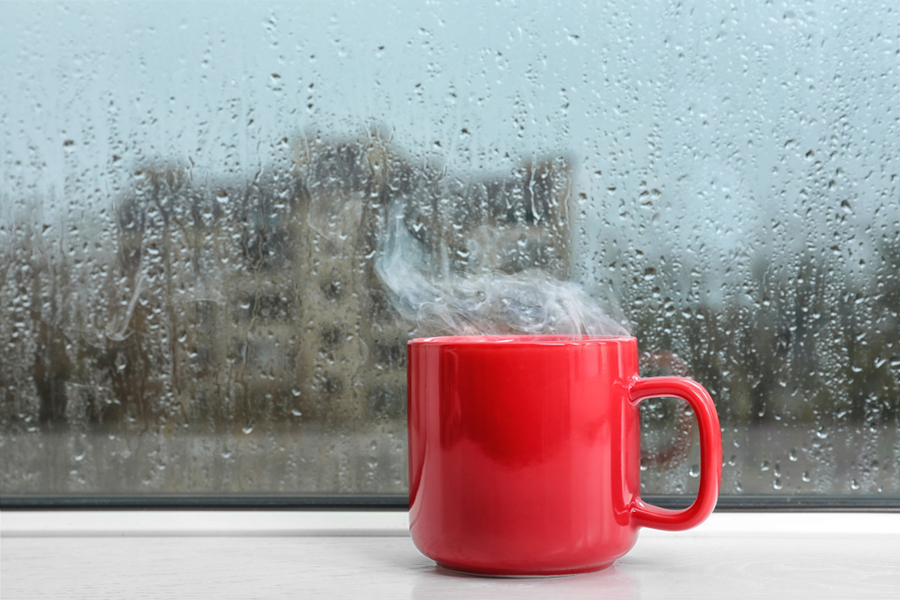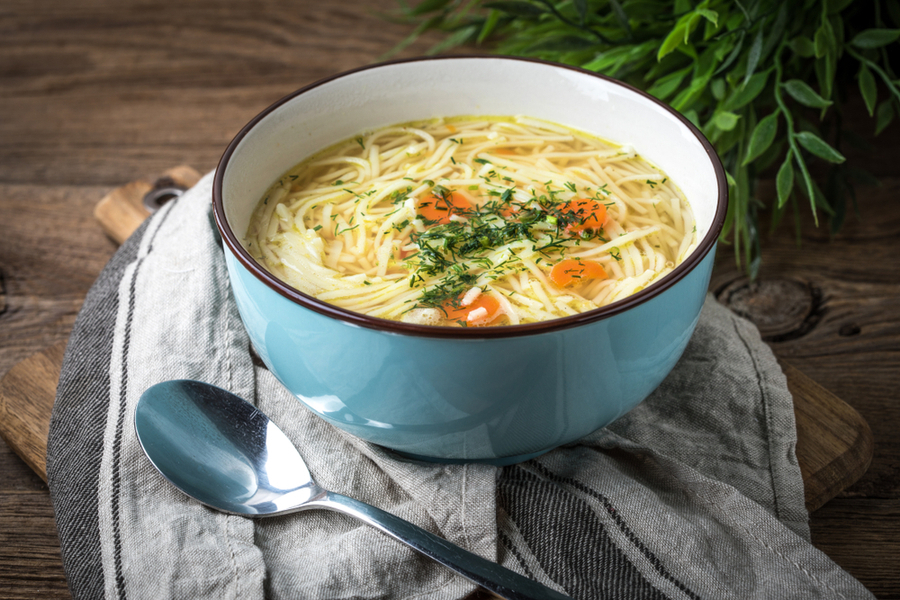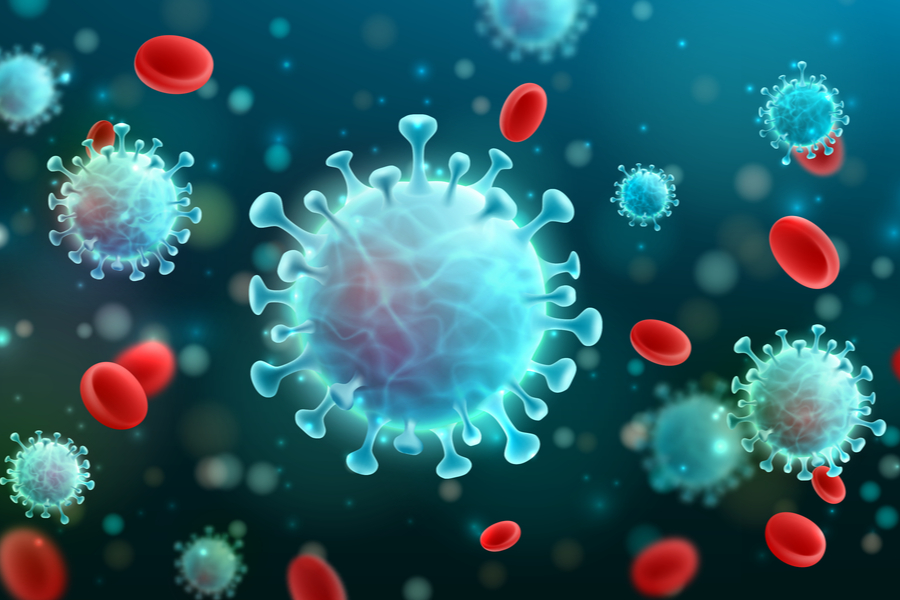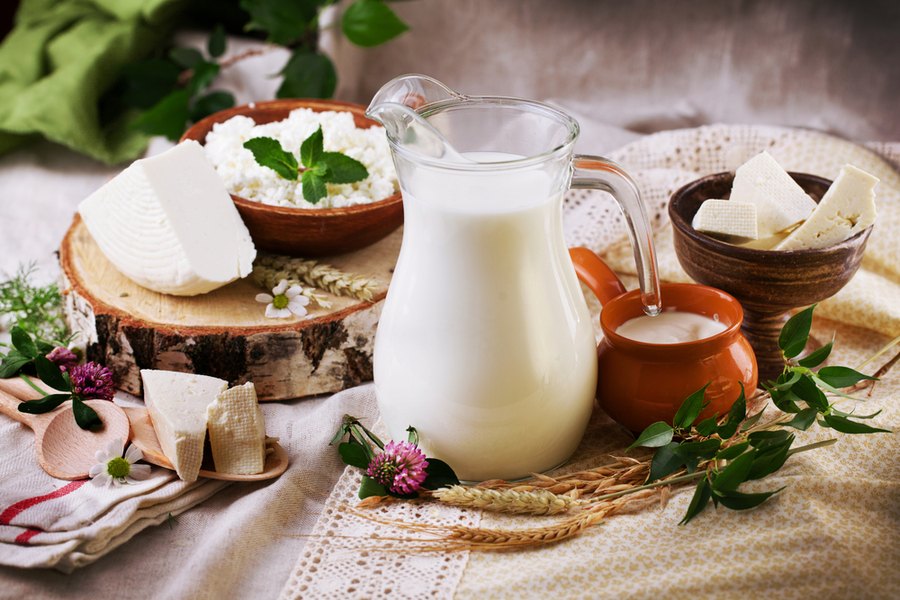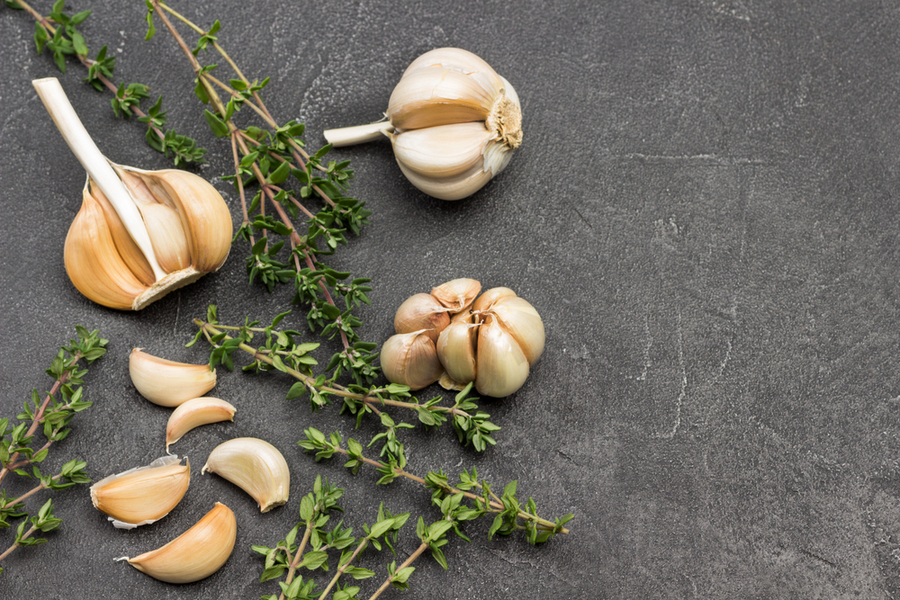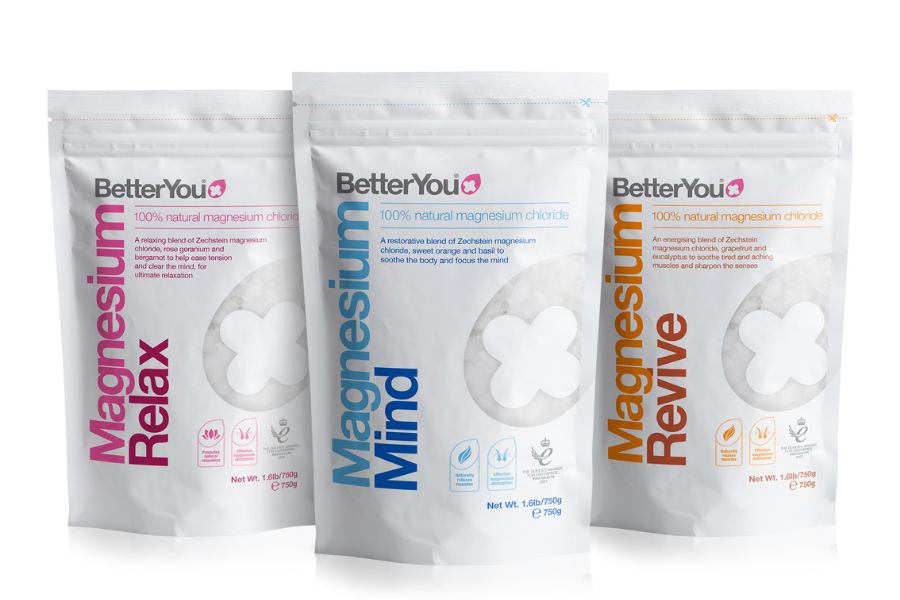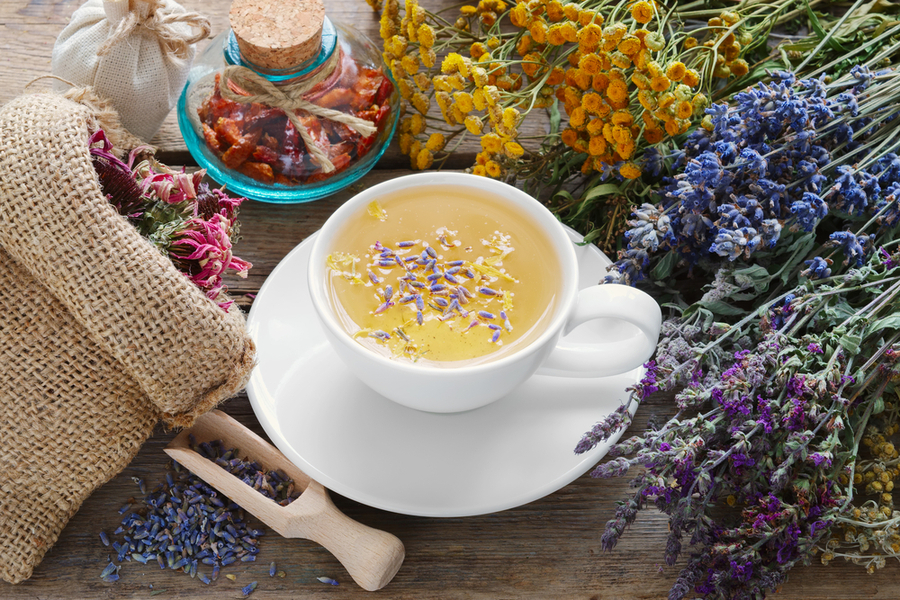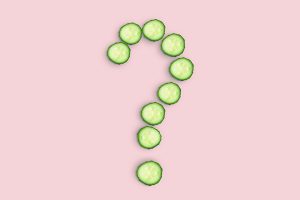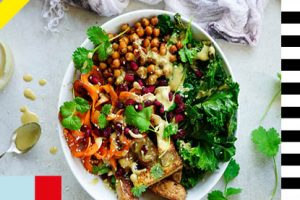The truth about your immune system and how to keep healthy

There’s been a lot said about our body’s all-powerful immune system, especially since Covid 19 hurtled into our lives with the power of a bullet train two years ago. And not all of it is correct. One thing that is true, though, is that it’s a very complex thing. “Your immune system is as indispensable as your heart or your lungs. And actually, it is one of the largest and most widespread organ systems throughout your body, although we don’t tend to think about it in these terms,” says Philipp Dettmer, author of Immune: A Journey Into The Mysterious System That Keeps You Alive. “For most of us, the immune system is a vague and cloud-like entity that follows strange and untransparent rules, and which seems to sometimes work and sometimes not. It is a bit like the weather, extremely hard to predict and subject to endless speculations and opinions, resulting in actions that feel random to us. Unfortunately many people speak about the immune system with confidence but without actually understanding it, so it can be hard to know which information to trust and why.”
Some things we know are facts (we’re in little doubt of the power of a good bar of soap or a hand gel in killing viruses, these days), but there are myriad common myths about immunity out there (not to mention a few grey areas). One common misconception is that our immunity can be ‘boosted’. There is no scientific basis for this, and in reality it’s probably not something you’d actually want to do – the symptoms you feel when you’re unwell often aren’t caused by the illness itself but are your body’s immune response to getting rid of it. “We often talk about ‘boosting’ the immune system, likening it to a switch that we want to turn on to fight illness or infection. However, the immune response can be damaging to our own tissues. For example, inflammation is designed to remove pathogens but also causes lots of unpleasant symptoms, if sustained. This is why half of our immune system is designed to turn the other half off,” explains registered nutritional therapist Uta Boellinger. Rather than boosting, we want to be balancing it. We can do this by focusing on a Mediterranean style anti-inflammatory diet and lifestyle, caring for our gut and feeding our gut microbiome.”
It’s time to dispel some common immunity myths and separate the truth from the downright hogwash.
Fact or fiction?
1 Vitamin C kick starts your immune system
Fact
Sort of. It doesn’t get your immunity going, as such, but vitamin C is vital for the proper functioning of the immune system. As Uta Boellinger says “Vitamin C is fuel for your immune cells and usage increases when our immune cells are fighting an infection. It therefore makes sense to keep up a good supply by regularly consuming fresh fruit and vegetables. And there is some evidence that taking vit C for cold symptoms helps to reduce the severity and duration.” Uta recommends vitamin C with bioflavonoids, zinc and quercetin for synergistic beneficial effects. “I like Cytoplan Vitamin C (£17.80) as it contains food grown bioflavonoids and Biocare Immune Intensive (£19) is a great all-rounder to take when you’re already ill.” Another supplement proven to be effective in shortening the duration of cold symptoms is zinc. A study found that taking a daily zinc lozenge shortened the duration of nasal congestion, reduced coughing by half and led to 22% less sneezing.
2 Feed a cold, starve a fever
Fiction
There is no scientific evidence for this. “The most important thing with both is to stay well hydrated and listen to your body,” says Uta. “Eat light foods that are easily digestible, such as soups and stews and Include plenty of vegetables. But if you really don’t feel like eating, it’s ok not to.”
3 Cold weather makes you sick
Fact
Numerous studies suggest that viruses spread more rapidly in lower temperatures, and that the body’s immune response lessens in cold weather. Researchers have found that decreases in both temperature and humidity over a 3-day period increased the risk of infection, and that the majority occur in temperatures of 0° or below. Add to this the reduction of vitamin D from sunlight in the winter months and the impact this has on the immune system. And finally – something we know all too well from all those Covid months spent socialising on chilly park benches and keeping the windows open even when they’ve got frost on them – people spending more time indoors in close proximity during cold weather helps to spread viruses about the place.
4 Chicken noodle soup shortens your cold
Fact
Again, in a manner of speaking. While it won’t miraculously cure your cold, it could well relieve some of the symptoms. “If made from scratch and the whole chicken is used, you effectively end up with chicken bone broth. Bone Broth contains amino acids and minerals that naturally support immunity. Plus, as a hot liquid, it’s an excellent choice for flushing out mucus build up. You can also add anti-inflammatory vegetables and herbs such as ginger.” A study in the medical journal Chest showed that chicken soup does have an anti-inflammatory effect that could potentially ease the symptoms of colds and flu.
5 Once you recover from a virus, you are immune from catching it again
Fact and fiction
“You have an immune memory and it is a living thing. Or many living things, approximately 100 billion living things. Memory Cells are one of the main reasons why young children often die of diseases their parents shake off easily. There are just not enough living memories in their tiny bodies yet. Their parents with an Adaptive Immune System that is remembering thousands of invasions can just rely on their living memory. And likewise, as we reach old age, more and more memory cells stop working as well as when they were younger,” says Philipp Dettmer. “Remembering the enemies it fought in the past and keeping that memory alive is one of the most important abilities of your immune system. You can’t be struck down by the same illness twice (of course, there are exceptions, there are always exceptions).” And that exception seems to be Covid 19. Many of us have tested positive for the virus on more than one occasion, though, for the most part, it will have been a different variant.
6 Dairy products make you more congested
Fiction
“There is no scientific evidence to support this. Numerous studies have shown that no statistically significant overall association can be detected between milk and dairy product intake and symptoms of mucus production,” says Uta.
7 Garlic can stop you getting a cold
Fact
If the results of research on the effectiveness of taking a daily garlic supplement are anything to go by, garlic is your friend in immunity against the common cold. The study group contracted 24 colds and had 111 sick days between them, whereas those who didn’t take garlic had more than three times as much illness, with 366 sick days. They also had 65 colds.
8 Probiotics support a healthy immune system
Fact
“The presence of a healthy microbiome in the gut actually acts as a type of immune defence by out competing with pathogens that may enter our digestive tract,” explains Uta. “Then there is the role played by our gut microbiome in digesting our food and ensuring that nutrition is available to us. This indirectly supports our immune system which depends on a healthy supply of nutrients.”
9 Magnesium is essential for a healthy immune system
Fact
With bells on. Scientific studies have even shown that this important mineral can help in fighting cancer. Researchers at the University of Basel reported that magnesium levels in the blood are important in how the immune system deals with pathogens and cancer cells, because our T cells need enough magnesium to operate efficiently. Studies have also shown that people without enough magnesium have higher levels of inflammation in their body. Plus, it can help with sleep quality and improved mood. Avocados, pumpkin seeds, nuts such as cashews and almonds, and spinach are all good sources of magnesium. To make sure your magnesium levels are extra tip-top, try the Better You range of bath flakes, body sprays and lotions, topping up your mineral levels and relaxing you all at the same time. Win win.
10 Tea can boost your immune system
Fiction
“Certain types of teas can support your body as they may have anti-inflammatory or antioxidant properties. Herbal teas are a great idea when you’re feeling unwell as they are quite soothing. I often recommend ginger tea for example for sore throats. However, they do not improve immune function,” says Uta Boellinger.






